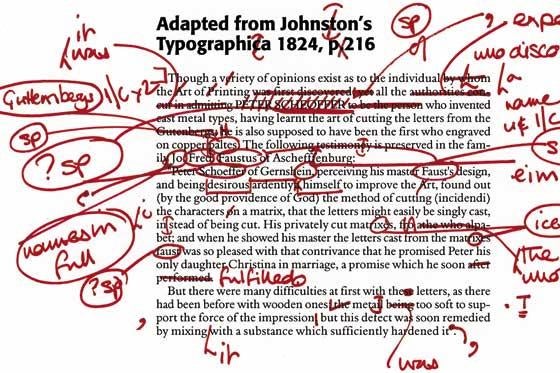
Readers may have been amused to hear about the veteran journalist who told his sports editor to leave his ‘fucking copy alone’because he ‘always fucks it up”. John Coffey’s outburst was in response to an error being inserted into his copy at the subbing stage.
Coffey, described as coming from ‘the original school of hard knocks”, was sacked after 44-years on The Press in Christchurch, New Zealand. He lost his employment relations tribunal just before Christmas, so he has stayed sacked.
But many reporters will have felt a twinge of sympathy for his rage. Like most who have got their hands dirty by leaving the office and actually finding things out, I have had erroneous information subbed into my copy by those back at the office who obviously knew better.
Over the years I’ve suffered the addition of ‘information’drawn from the back of somebody’s brain, where it should have remained, and the insertion of ‘facts’culled from that frequently unreliable source: The cutting. I’ve also seen names – including my own – ‘corrected’to make them incorrect.
There are lessons in all of this for those currently learning the journalist’s craft at university (formerly the Polytechnic of Hard Knocks), in addition to the obvious one about checking, checking and checking again.
Journalism is more than a lone individual producing some words, and those words are not hermetically sealed after you press the send button. The production of journalism is more of a collective endeavour, for good or ill.
David Randall’s excellent book The Universal Journalist tells the story of the sub at the Independent on Sunday who altered a piece about renovations at Berlin’s 1936 Olympic stadium, so that it became the place in which Jesse Owens won ‘her’four gold medals.
But for every error subbed into copy there are probably hundreds subbed out, which is why there has been such dismay across the industry at David Montgomery’s recent comments, that subs are an unnecessary expense in the internet age.
According to the Mecom chief executive: ‘Never before has a journalist been able to reach out to their audience without intervention. Sub-editing is a twilight world, checking things you don’t really need to check.”
If he is right, then why are subbing skills still being taught on journalism training courses? And exactly what things do not need to be checked?
Depending on the specifics of the course they are on, journalism students may or may not be taught headline writing, design, cutting to size and other dark arts of the subbing twilight zone. But integral to all journalism training is the importance of checking and correcting copy.
The best journalism involves more than one person addressing an audience without intervention; it is usually the product of several brains, ideally working in an atmosphere of mutual respect.
Maybe more publishers will follow the Montgomery line and cut corners by shedding subs as a specialist breed. But do away with subbing itself? Fuck off.
Tony Harcup is the author of The Ethical Journalist and teaches journalism at the University of Sheffield
Email pged@pressgazette.co.uk to point out mistakes, provide story tips or send in a letter for publication on our "Letters Page" blog
